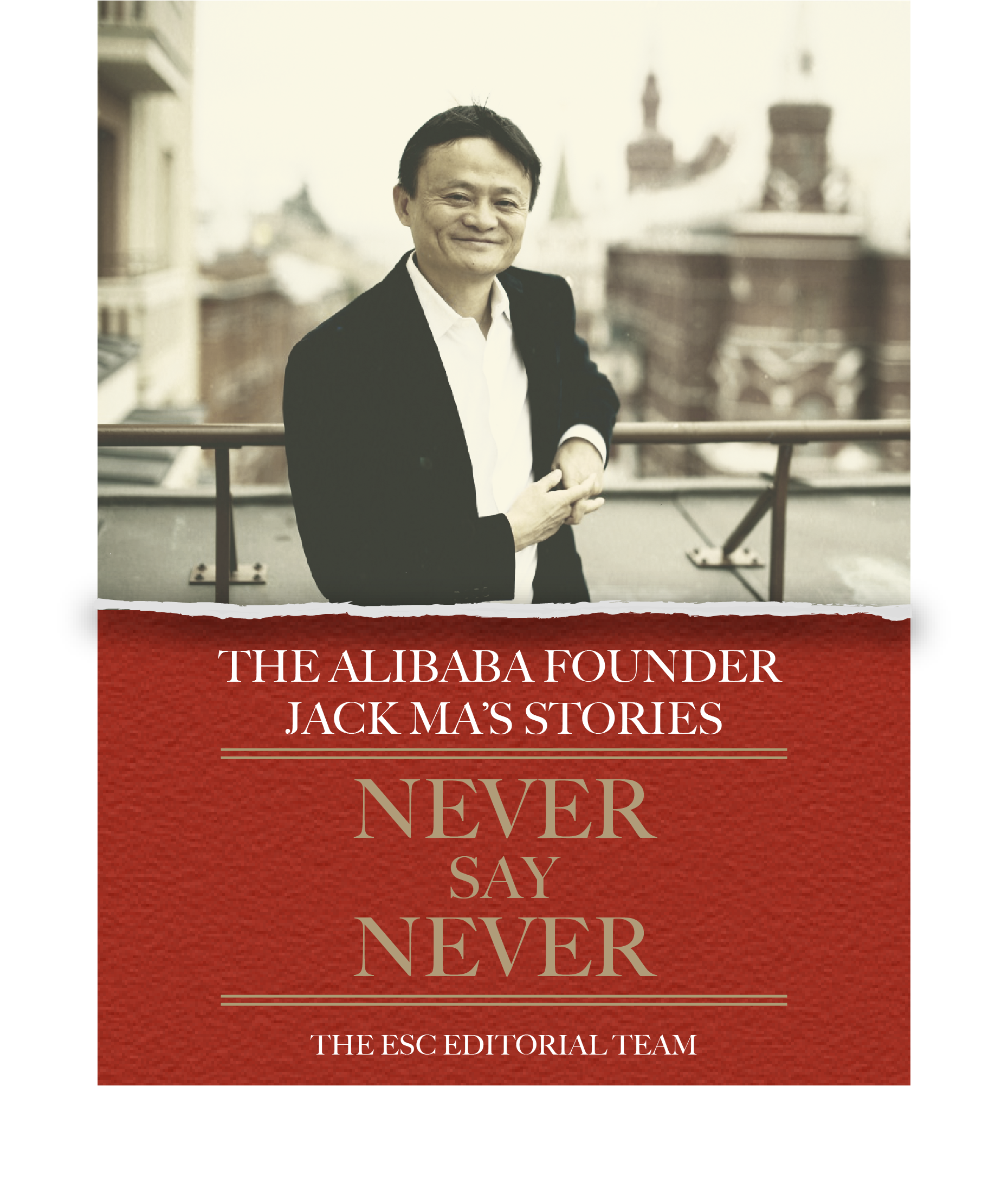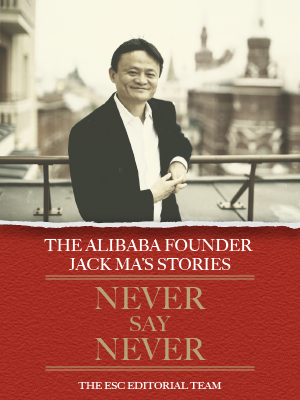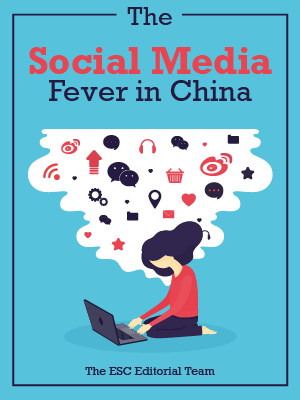Ecommercestrategychina.com uses cookies and other technologies to provide you a better browsing experience. You can get more information regarding the use of cookies, or decline it whenever by clicking Privacy Policy. By using this site or clicking “Okay”, you give us the consent to the use of cookies.
OKAY
During the "Thousand Talents Program" entrepreneurship competition, Mr. Zhe Wei, who is the former vice president of Alibaba Group and one of the contest judges, gave a speech about ‘How to Learn from Alibaba to Become Surviving Entrepreneurs’. Below is the transcript of his speech.
“Today I want to share with you the three most important aspects of starting a new business, how to find people, to find money and to find a direction. Entrepreneurs often make mistakes in these three aspects and become 99% of the dead.
To Find People - The essence is to find experience. The number should be in line with capacity planning and do not easily hand over to the hiring authority.
Finding people is divided into three aspects - quality, quantity and methods. I would like to explain them by sharing three different Alibaba cases with you.
The first is to find the people of quality. To be honest, when starting a business, some entrepreneurs are more interested in the background of a potential employee than in their experience. Even a lot of entrepreneurs who do e-commerce said to me, “Help me find someone who has worked for Alibaba”. I said, what you know is just his background, do you know what exactly he did in Alibaba and what experiences he has? What entrepreneurs need are not the overall experiences of the people but the appropriate experiences of the people. This is how to find someone's quality. In 2000, Guan MingSheng, who was about 20 years older than Ma, joined Alibaba. When he came, he said: “There were organisations first, and then there would be companies”. Today’s Alibaba's most important mission, vision, values and high levels of executive power were established by Mr. Guan in 2000. As far as the quality of people is concerned, I would like to say that entrepreneurs need to know what their team lacks. Ma knew what they lacked, he knew how a CEO should be when he was 26 years old; he only had the titled of CEO, everything else was missing. So a few years later he invited an experienced manager to help the company develop well.
The second is the number of people to be employed. Too many people in an organisation not only lead to high costs, but also to management chaos and inefficiency. Entrepreneurs must ask themselves, "How do you plan the number of employees?" After receiving investment, many entrepreneurs recruit the people they need, but they do not look at the efficiency of people, not to mention whether they have asked themselves. “Has he managed 100 individuals before?" At the beginning, many entrepreneurs lead their team by shouting. When it comes to hundreds of people, as more and more people are added, more teams will die. A large number of start-ups go into a high-risk phase called "two-level gap", that is, there are two layers of managers among the founders and front-line employees, and the scale of enterprises is about 1000-2000 people. The leadership of the company often has the biggest problems at this time. How does the entrepreneur plan his own workforce? Does he plan on demand or by capacity?
The last is how to find people. We can see that in the beginning many founders cannot afford an HR director and they recruit people by themselves and the result is good. After they have money and a human resources director to recruit people, then problems come. You know, Ma always insisted on interviewing candidates by himself until Alibaba had numbered 500 people. What a senior executive can recruit is probably ultimately a senior executive, but even a receptionist recruited by Ma may eventually become vice president. Therefore I suggest that the entrepreneur should not easily delegate the hiring of people, especially when the company is not big. I have seen too many start-up companies that have HR director recruit people when the company included just a few dozen people. We asked the founder that why he did not interview? He said he was busy with various businesses. Why is the founder so busy doing business? Because of the wrong people he recruited! This will cause the founders to downgrade and so begins a vicious circle.”

Please Login to add comments.

$9.99 $19.98

$9.99 $19.98